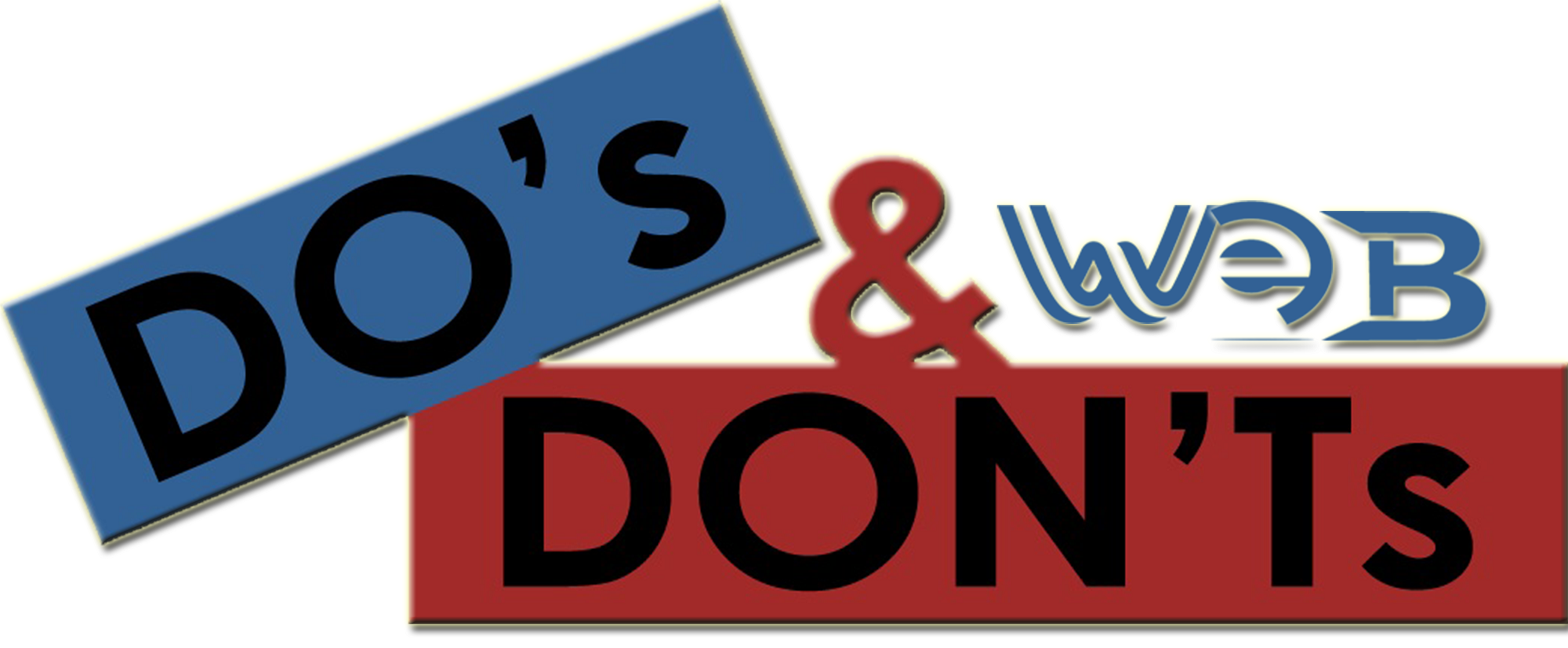Why It Matters
Your website is your online storefront. It’s where people go to learn about your business, make purchases, and connect with you. A well-developed website can make the difference between a customer choosing you or your competitor.
The Cost of a Bad Choice
Choosing the wrong web development company can be a costly mistake. Poor design, missed deadlines, and lack of support can damage your reputation and cost you money. It’s essential to get it right the first time.

Understanding Your Needs
Define Your Goals
Before you start looking for a web development company, you need to know what you want to achieve. Are you looking to create a new website from scratch, or do you need to revamp an existing one? Knowing your goals will help you communicate effectively with potential developers.
Identify Your Budget
Web development costs can vary widely. It’s important to have a clear budget in mind before you start your search. Remember, you get what you pay for. A higher budget might mean better quality, but it’s crucial to find a balance that works for you.
Determine Your Timeline
How soon do you need your website up and running? Knowing your timeline will help you find a web development company that can meet your deadlines without compromising quality.
Researching Potential Companies
Where to Look
Start by asking for recommendations from friends, colleagues, or industry peers. You can also look online for reviews and testimonials. Sites like Clutch and Upwork are great places to find reputable web development companies.
Check Their Portfolio
A company’s portfolio is a window into their capabilities. Look for projects similar to yours and see if you like their style. Pay attention to the functionality, design, and overall user experience of their previous work.
Read Reviews and Testimonials
What are other clients saying about them? Reviews and testimonials can give you insight into the company’s reliability, quality of work, and customer service.

Evaluating Expertise and Experience
Technical Skills
The technical skills of a web development company are crucial. Make sure they are proficient in the languages and platforms you need, whether it’s HTML, CSS, JavaScript, or more advanced frameworks like React or Angular.
Industry Experience
Experience in your industry can be a big plus. A company that understands the specific challenges and requirements of your industry will be better equipped to deliver a site that meets your needs.
Innovation and Creativity
A great web development company should bring fresh ideas to the table. They should be able to think outside the box and provide innovative solutions that set your website apart from the competition.
Communication and Collaboration
Open Lines of Communication
Clear and open communication is essential for a successful partnership. Make sure the company you choose is responsive and easy to communicate with. Regular updates and feedback loops are crucial for keeping your project on track.
Collaboration Tools
Find out what tools the company uses for project management and collaboration. Tools like Slack, Trello, or Asana can make it easier to keep track of progress and stay in touch with your development team.
Cultural Fit
A good cultural fit can make a big difference. Make sure the company’s values and work style align with yours. This will make the working relationship smoother and more enjoyable.
Assessing Their Process
Development Methodology
Different companies use different development methodologies, such as Agile, Waterfall, or Scrum. Make sure their approach aligns with your project’s needs and your preferred way of working.
Quality Assurance
Quality assurance is crucial for ensuring your website functions correctly and is free of bugs. Ask about their testing process and how they handle issues that arise during development.
Post-Launch Support
What happens after your site goes live? Make sure the company offers post-launch support to fix any issues that come up and to make updates as needed.
Getting a Quote
Requesting Proposals
Once you’ve narrowed down your list of potential companies, request detailed proposals from each one. This should include a breakdown of costs, timelines, and the scope of work.
Comparing Quotes
Don’t just go with the cheapest option. Compare the quotes in terms of what’s included, the quality of work, and the level of support you’ll receive.
Negotiating Terms
Don’t be afraid to negotiate. You might be able to get a better deal or more favorable terms by discussing your needs and budget with the company.
Making the Final Decision
Trust Your Gut
Your intuition can be a powerful tool. If something feels off, it probably is. Go with the company that feels right to you.
Sign the Contract
Once you’ve made your decision, it’s time to sign the contract. Make sure everything you’ve agreed on is in writing and that you understand the terms.
Kickoff Meeting
Have a kickoff meeting to start the project on the right foot. This is a great time to introduce your team, set expectations, and establish communication channels.
Monitoring Progress
Regular Updates
Stay in touch with your development team and ask for regular updates. This will help you catch any issues early and keep the project on track.
Milestones and Deliverables
Set clear milestones and deliverables to measure progress. This will help you ensure that the project is moving forward as planned.
Feedback Loops
Provide feedback throughout the development process. This will help the team understand your vision and make adjustments as needed.
Launching Your Website
Final Testing
Before launching, make sure your site has been thoroughly tested. This includes checking for bugs, ensuring all links work, and testing on different devices and browsers.
Go Live
Launch your website and celebrate! But remember, the work doesn’t stop here.
Post-Launch Monitoring
Keep an eye on your site after launch. Monitor traffic, user behavior, and performance to identify any issues and make improvements.
Ongoing Maintenance
Regular Updates
Websites need regular updates to stay secure and perform well. Make sure you have a plan in place for ongoing maintenance.
Performance Monitoring
Keep an eye on your site’s performance. Tools like Google Analytics can help you track traffic and user behavior.
User Feedback
Listen to your users. Their feedback can provide valuable insights into how to improve your site.
ProLocal Website
ProLocal Websites is the best option for building your small business website because they specialize in creating tailored, high-quality sites that meet the unique needs of local businesses. Their team offers personalized service, ensuring your site reflects your brand and engages your target audience effectively. With a focus on user-friendly design and local SEO, ProLocal Websites helps boost your online presence and attract more customers. Plus, their ongoing support and maintenance services ensure your website remains up-to-date and performs optimally.
Conclusion
Choosing the right web development company is a big decision, but with the right approach, you can find a partner that will help you create a website you’re proud of. Remember to define your goals, do your research, evaluate expertise, and prioritize communication. By following these steps, you’ll be well on your way to a successful web development project. Happy website building!


